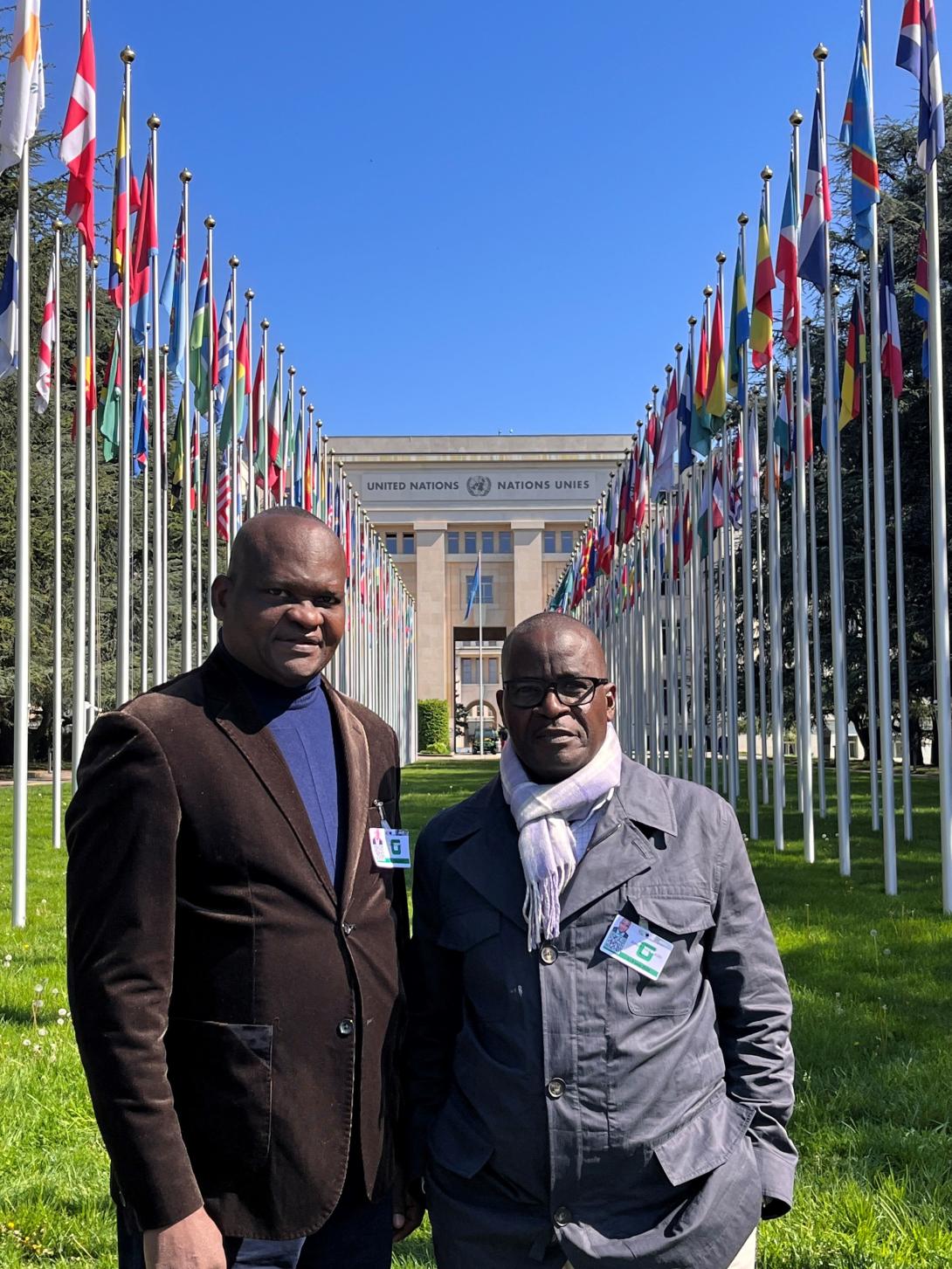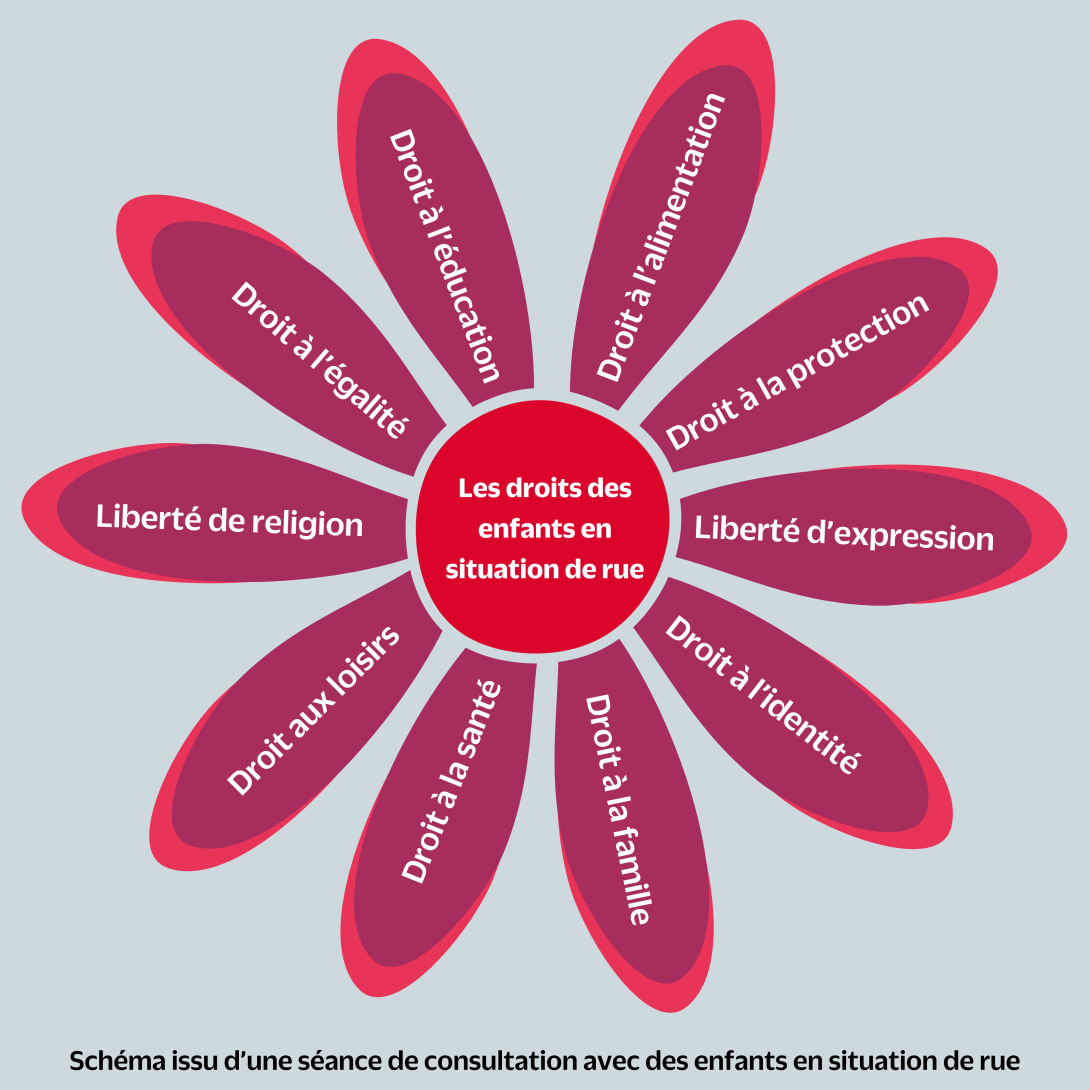The concluding observations of the Committee, a strong signal
Following the review of the Congo and the publication of the concluding observations by the Committee, we optimistically note that the information and recommendations we provided have been considered by the Committee.
Indeed, sharing our concern about the physical and psychological violence that children face, especially when they are in a vulnerable situation, the Committee recommends to the Congolese State to “take the necessary measures to change attitudes in a lasting way, through legal and awareness-raising means”. Furthermore, the Committee stresses the need to adapt the judicial system so that violence is repressed (...) and that the minority status of children is taken into consideration, in particular through the training of judicial personnel and law enforcement, but also by setting up specific structures”.
Concerning access to education and health care, the Committee agrees with our report by calling on the State to abolish tuition fees to make school truly accessible to all without discrimination, including the exclusion of Aboriginal or disabled children.
Also, in a section dedicated to street children, the Committee recommends that Congo take the necessary measures to understand the reasons why these children find themselves in this situation to put in place preventive but also subsequent solutions to ensure their protection against arbitrary detention and violence.
Finally, the Committee stressed the importance of strengthening the resources given to civil society, specificaly through a formalization of collaboration with the State and a subsidy of reception structures. Such state support is essential for the quality support children in vulnerable situations need.
It is now up to the Congolese State to follow the Committee’s recommendations and act for children’s rights.

